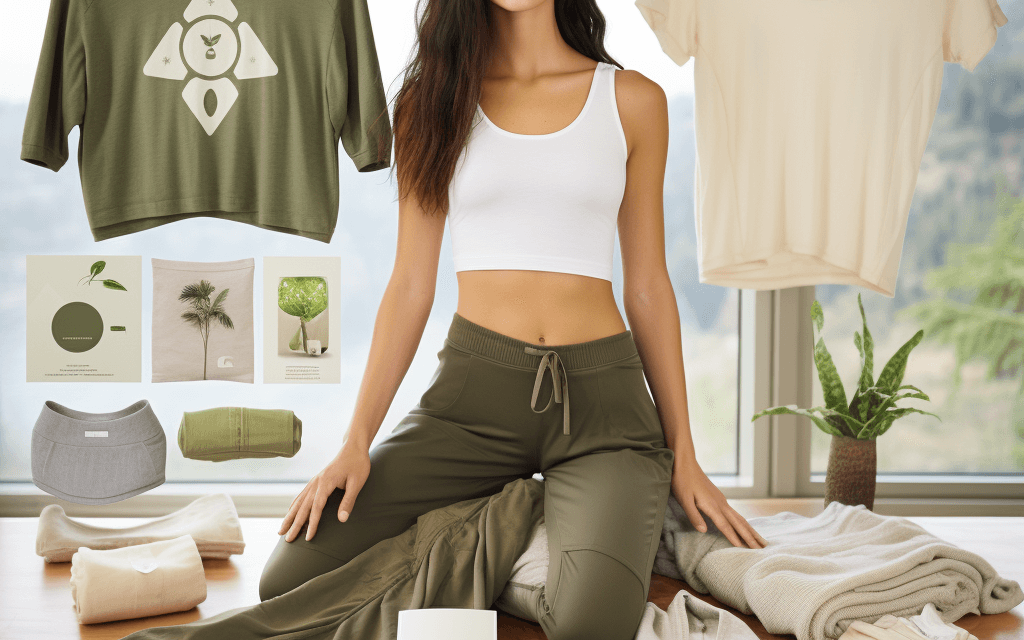The fashion world has traditionally been marred by controversies – from unsustainable practices to unfair labor conditions. However, the dawn of ethical brands promises a brighter, more responsible future for the industry. These brands have placed sustainability, transparency, and equity at the heart of their mission, challenging the status quo and setting new industry standards.
A New Paradigm in Fashion The concept of ethical fashion isn’t just about using sustainable materials; it encompasses a holistic approach that takes into consideration every stage of the production process. This includes ensuring that workers receive fair wages, fostering a safe working environment, and practicing transparency in sourcing and production processes.
Brands Leading the Way
- Patagonia: Known not just for its quality outdoor gear but also for its commitment to the environment and fair labor practices. Their “Worn Wear” program encourages consumers to buy used items or trade in their old gear, promoting a circular economy.
- Reformation: A brand that emphasizes the chicness of sustainability. Every product has a description detailing its environmental footprint, and the company continually invests in green building infrastructure to minimize waste, water, and energy footprints.
- Eileen Fisher: With timeless designs and sustainable materials, this brand is synonymous with ethical fashion. They have an extensive take-back program, where worn items are cleaned and resold, recycled, or transformed into new designs.
Why It Matters Supporting ethical brands sends a strong message to the rest of the industry about consumer preferences. Each purchase is a vote for a more sustainable and equitable fashion world. Moreover, these brands often produce high-quality items that last longer, which means less waste and more value for the consumer.
Challenges Ahead While the rise of ethical brands is promising, they face challenges such as higher production costs and the task of convincing consumers to pay a premium for ethically produced items. Nevertheless, as awareness grows and more consumers prioritize sustainability, the industry is set to undergo a transformative shift.
Conclusion The push for ethical fashion signifies a broader movement toward responsible consumption. As consumers become more informed, the demand for transparent and sustainable brands will only increase, paving the way for a more ethical fashion industry.




